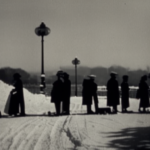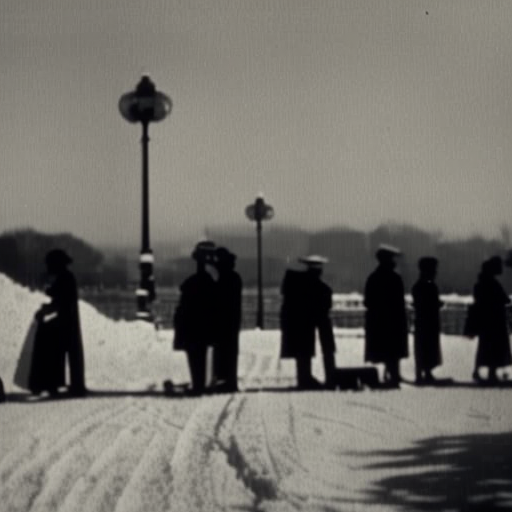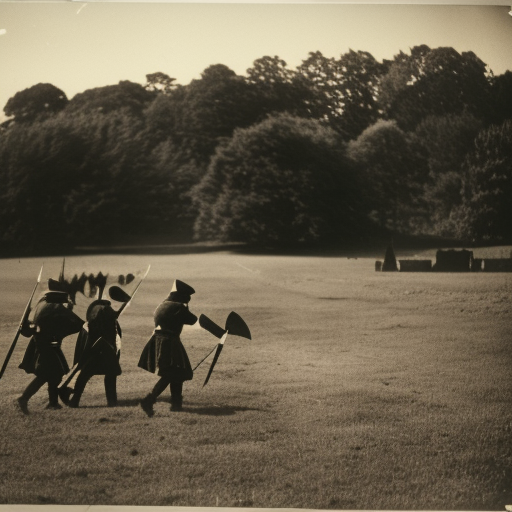The Acts of Union (1707)
The Acts of Union refer to two parliamentary acts passed in 1707 that united the Kingdom of England and the Kingdom of Scotland, creating the Kingdom of Great Britain. These acts were the Union with Scotland Act, passed by the English Parliament, and the Union with England Act, passed by the Scottish Parliament. The Acts of Union marked a significant moment in British history, as they brought about political, economic, and social changes that shaped the future of the United Kingdom.
Background
Prior to the Acts of Union, England and Scotland were separate kingdoms with their own parliaments, legal systems, and currencies. However, there were growing calls for closer ties between the two nations due to various factors, including economic considerations, political stability, and the desire to strengthen Britain’s position in Europe.
The Negotiations
Negotiations for the Acts of Union began in earnest in 1706. Both sides recognized the benefits of union, but there were also concerns and disagreements. The Scottish Parliament was particularly concerned about maintaining its own legal system, Presbyterian Church, and economic interests. After months of negotiations, compromises were reached, and the Acts of Union were agreed upon.
Key Provisions
The Acts of Union had several key provisions. Firstly, they created a single parliament for both England and Scotland, based in Westminster, London. This new parliament was called the Parliament of Great Britain. Secondly, they established a unified legal system for the newly formed kingdom. Scotland retained its own distinct legal system, but it was now subject to the ultimate authority of the British Parliament. Thirdly, the Acts of Union abolished trade barriers between England and Scotland, creating a single market and facilitating economic integration.
Reactions and Consequences
The Acts of Union were met with mixed reactions in both England and Scotland. In Scotland, there was significant opposition to the union, with many fearing the loss of Scottish identity and autonomy. However, the Acts of Union were eventually ratified by the Scottish Parliament in 1707. In England, the union was generally seen as a positive development, as it brought Scotland into the fold and strengthened Britain’s position as a global power.
The Acts of Union had far-reaching consequences for both nations. Politically, they created a unified British state with a single parliament and a shared monarchy. This laid the foundation for the modern United Kingdom. Economically, the removal of trade barriers between England and Scotland led to increased commerce and economic growth. Scotland also benefited from access to England’s colonial markets.
However, the Acts of Union also had negative consequences. Many Scots felt that their country had been subsumed by England, leading to a sense of resentment and a desire for greater autonomy. This sentiment would later fuel the Scottish independence movement.
Legacy
The Acts of Union remain in effect to this day, with the Kingdom of Great Britain eventually evolving into the United Kingdom of Great Britain and Northern Ireland. The union between England and Scotland has endured for over three centuries, despite periodic challenges and debates over devolution and independence.
In conclusion, the Acts of Union (1707) united the Kingdom of England and the Kingdom of Scotland, creating the Kingdom of Great Britain. These acts brought about significant political, economic, and social changes, establishing a single parliament, a unified legal system, and a shared monarchy. While the Acts of Union were met with mixed reactions, they laid the foundation for the modern United Kingdom and continue to shape British history to this day.












